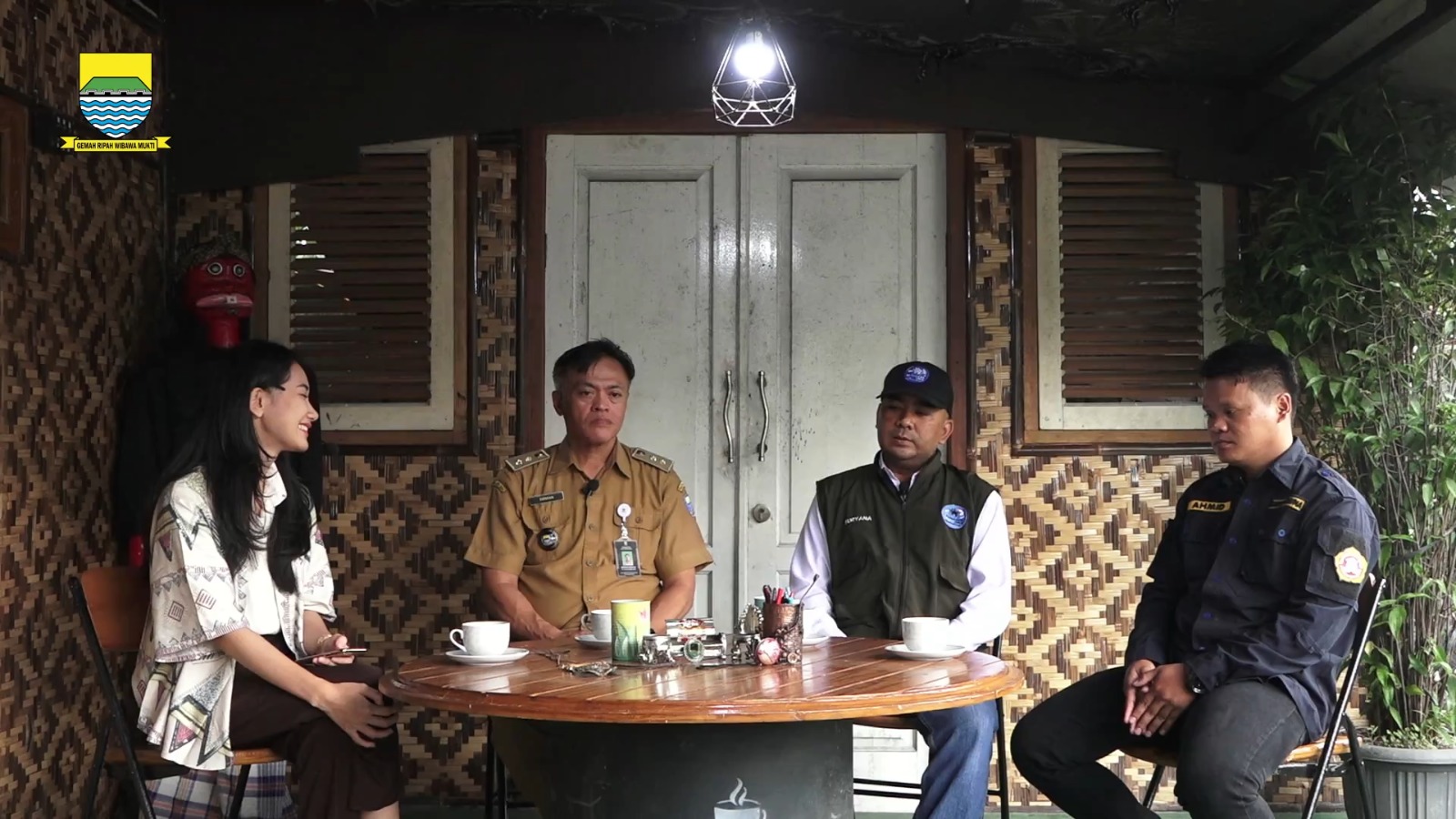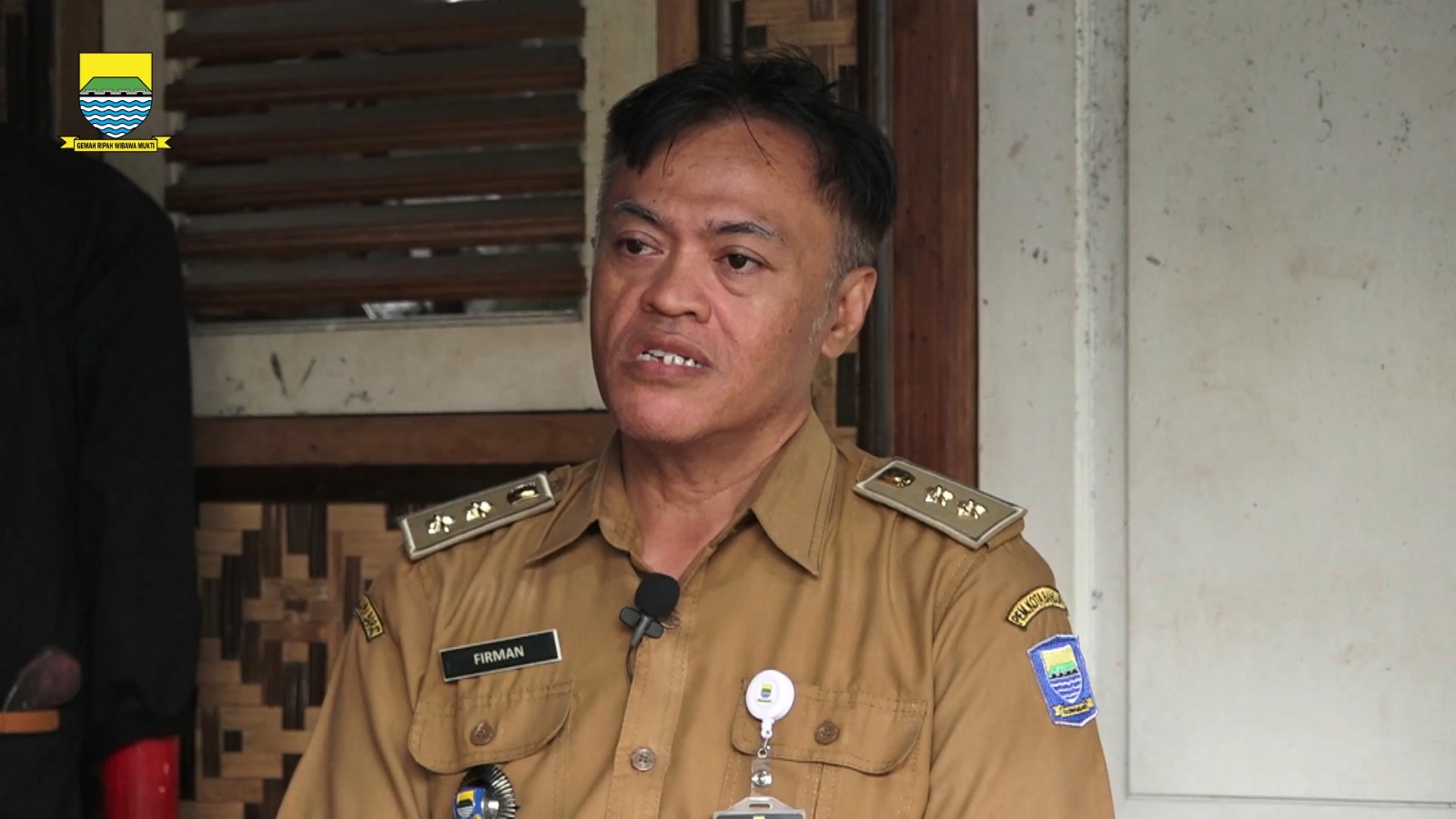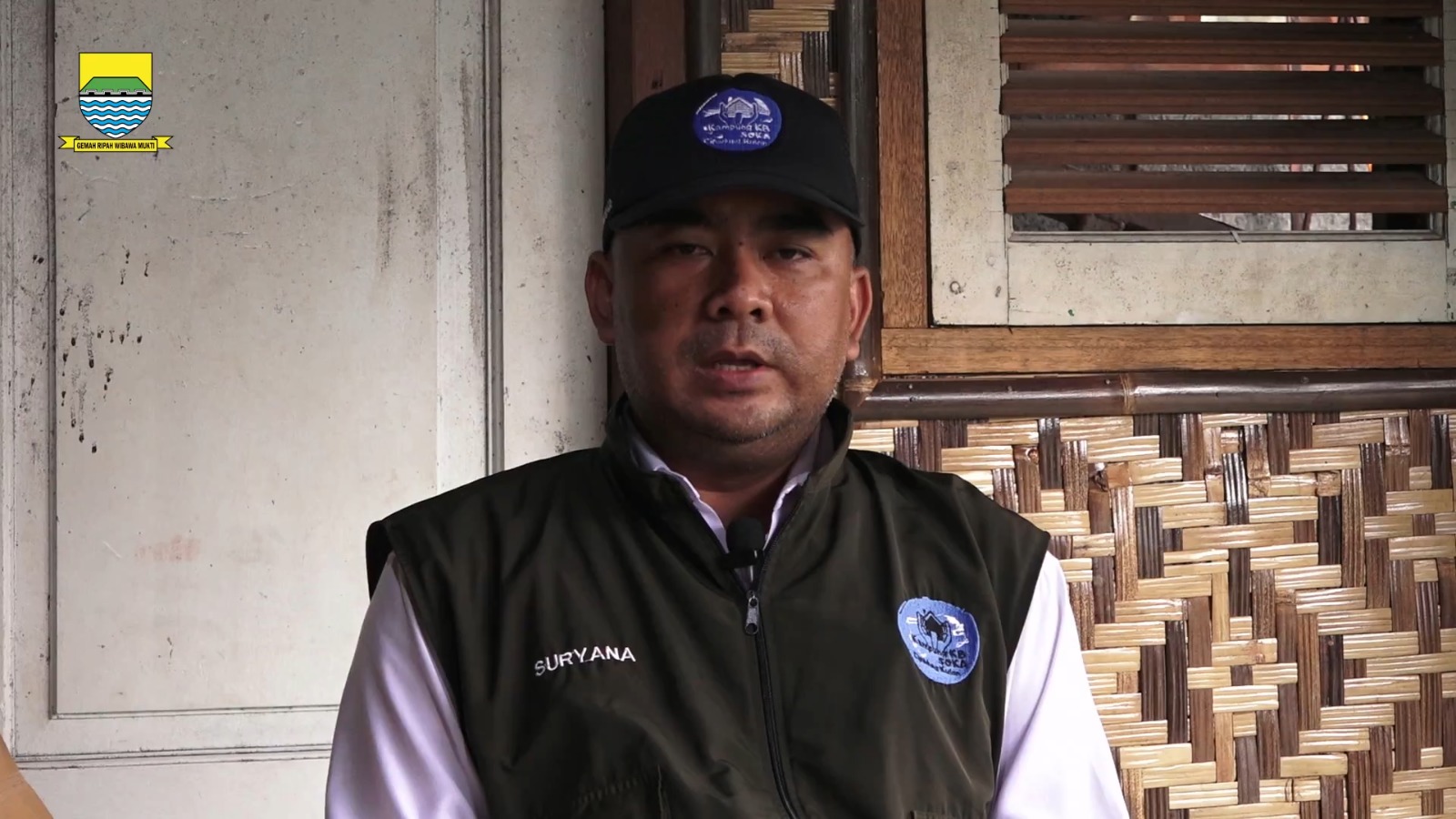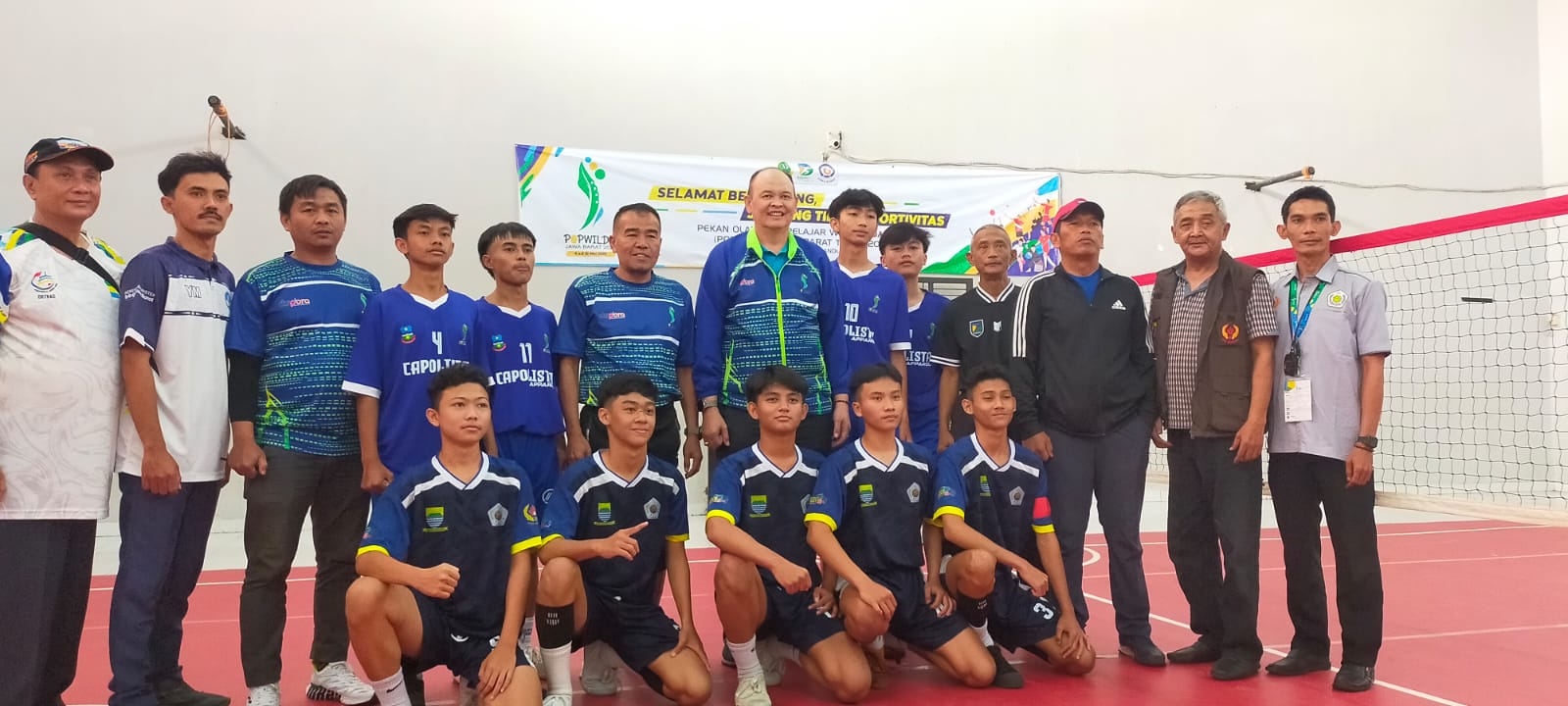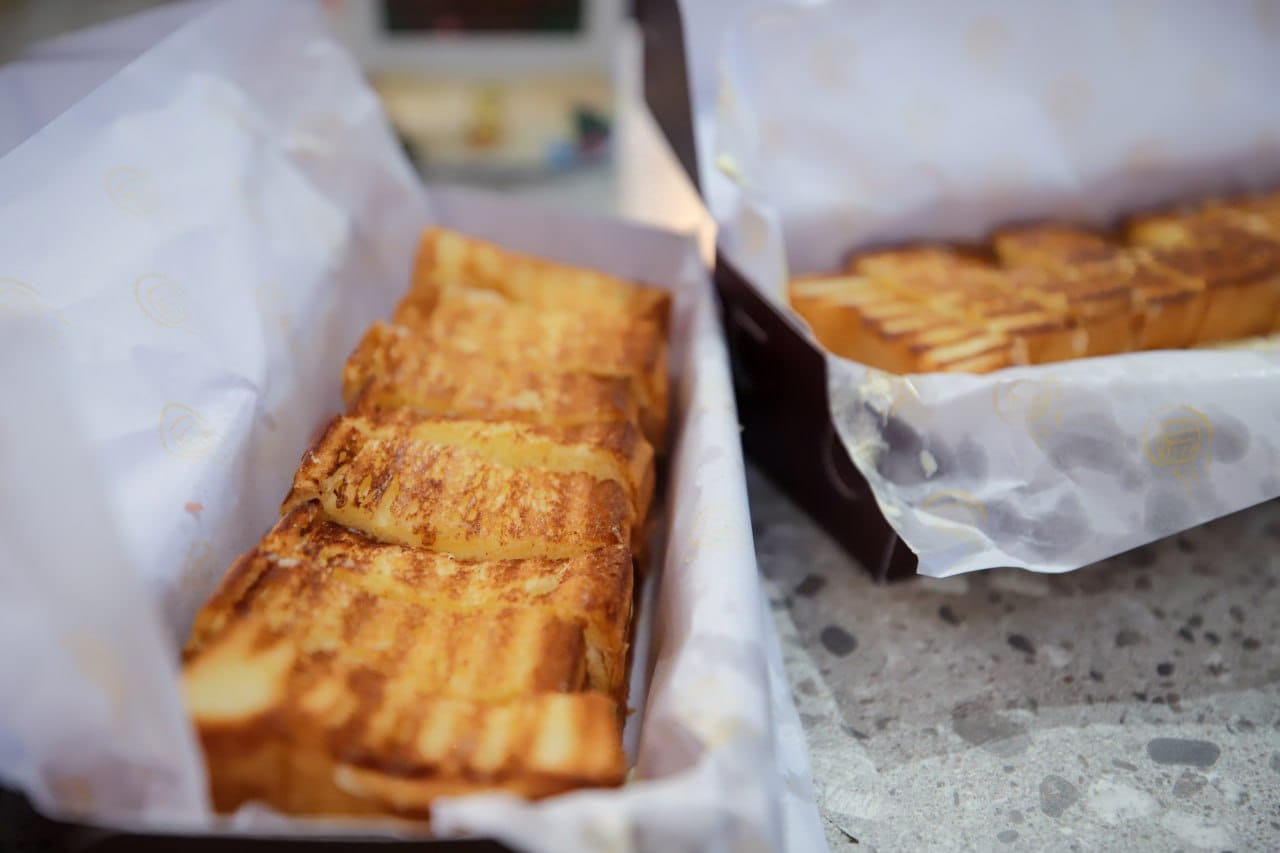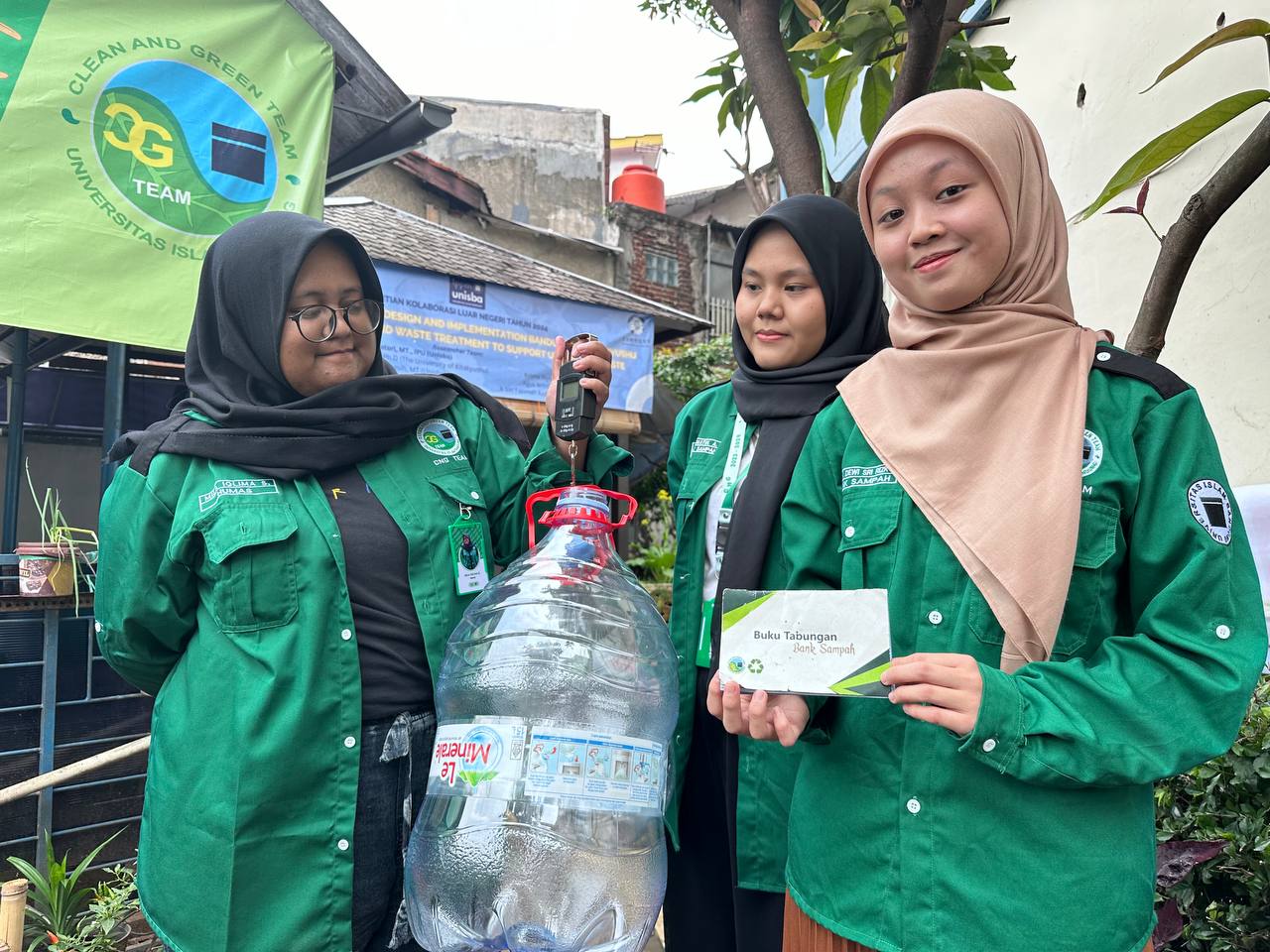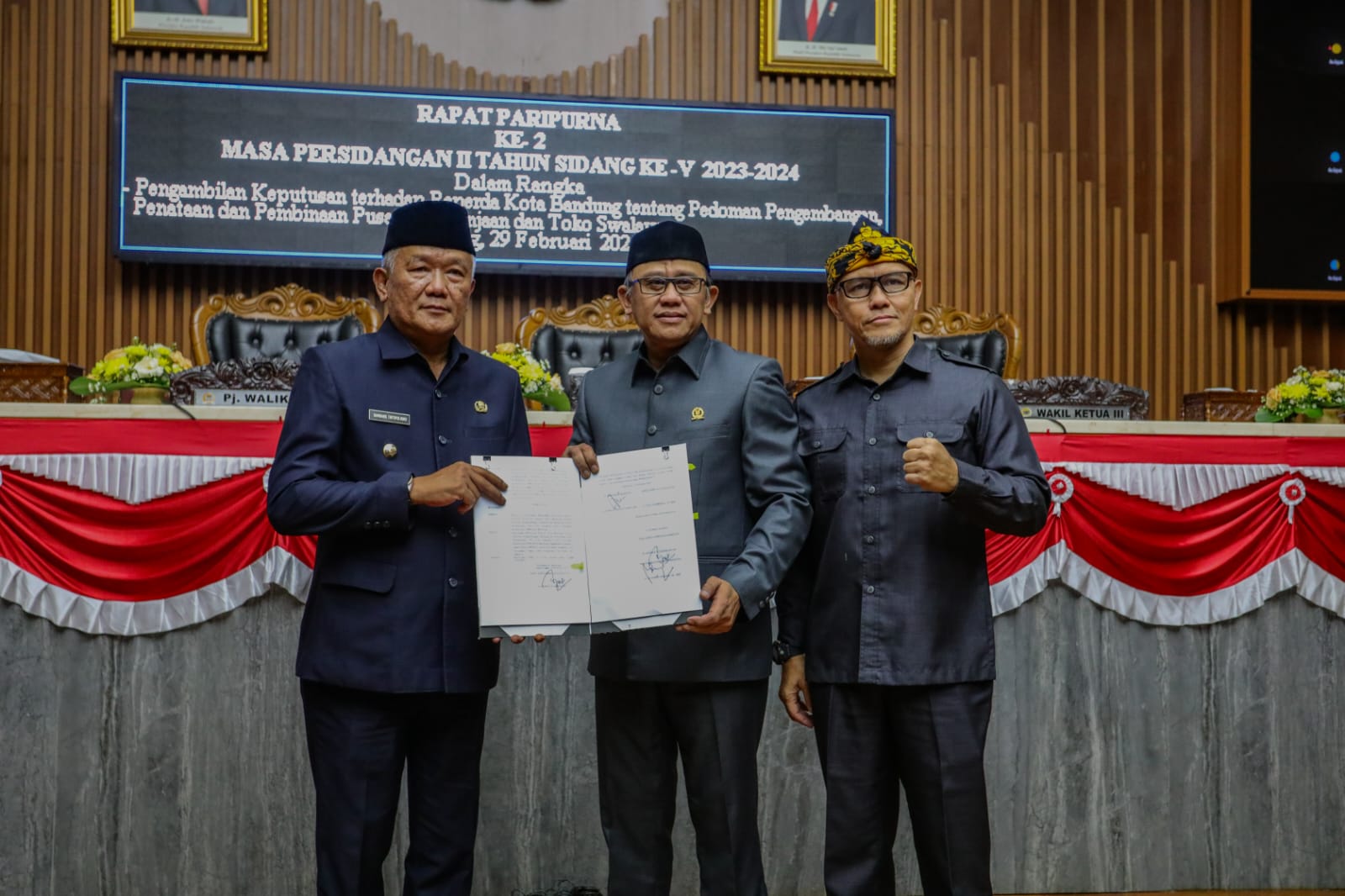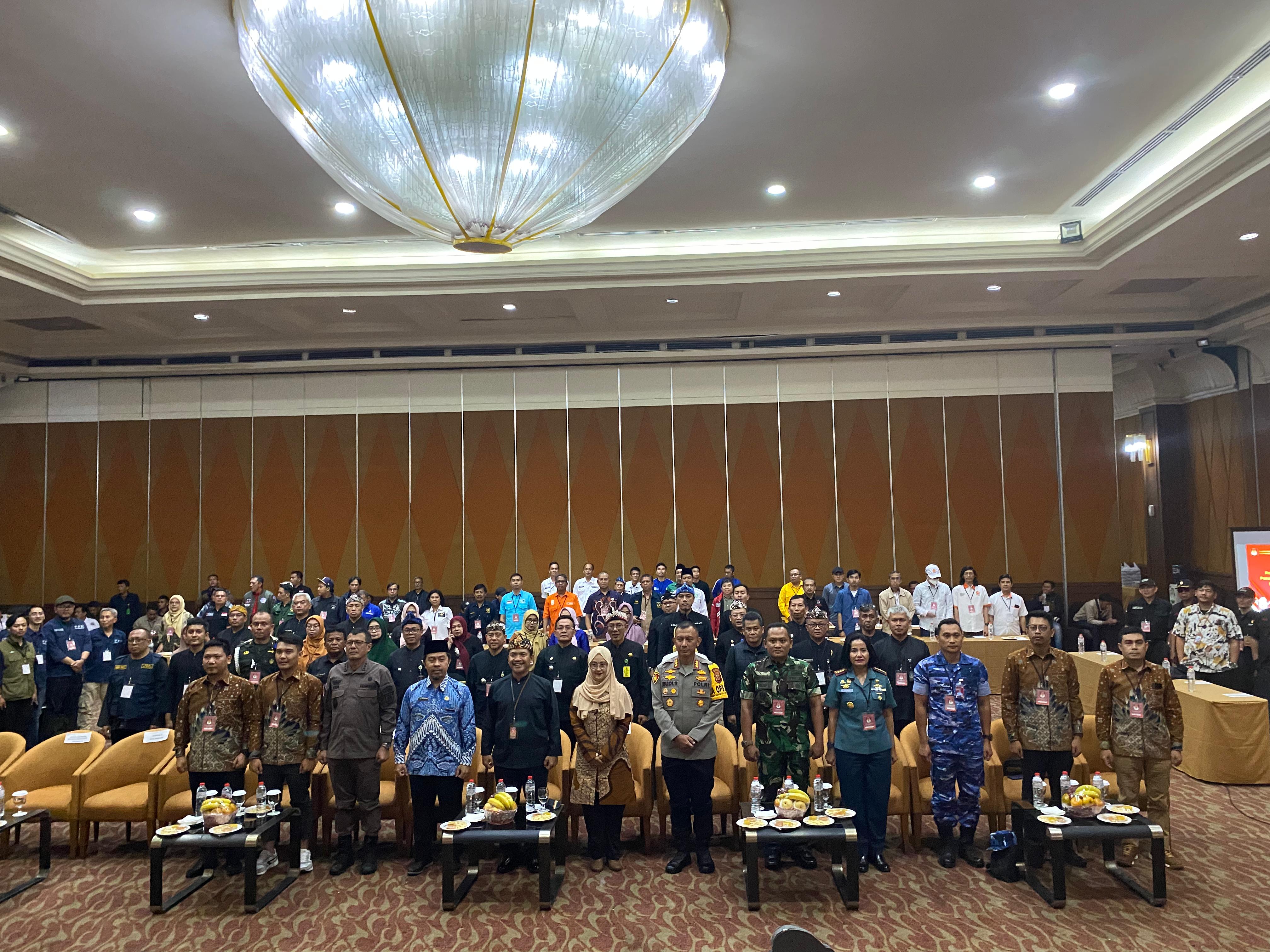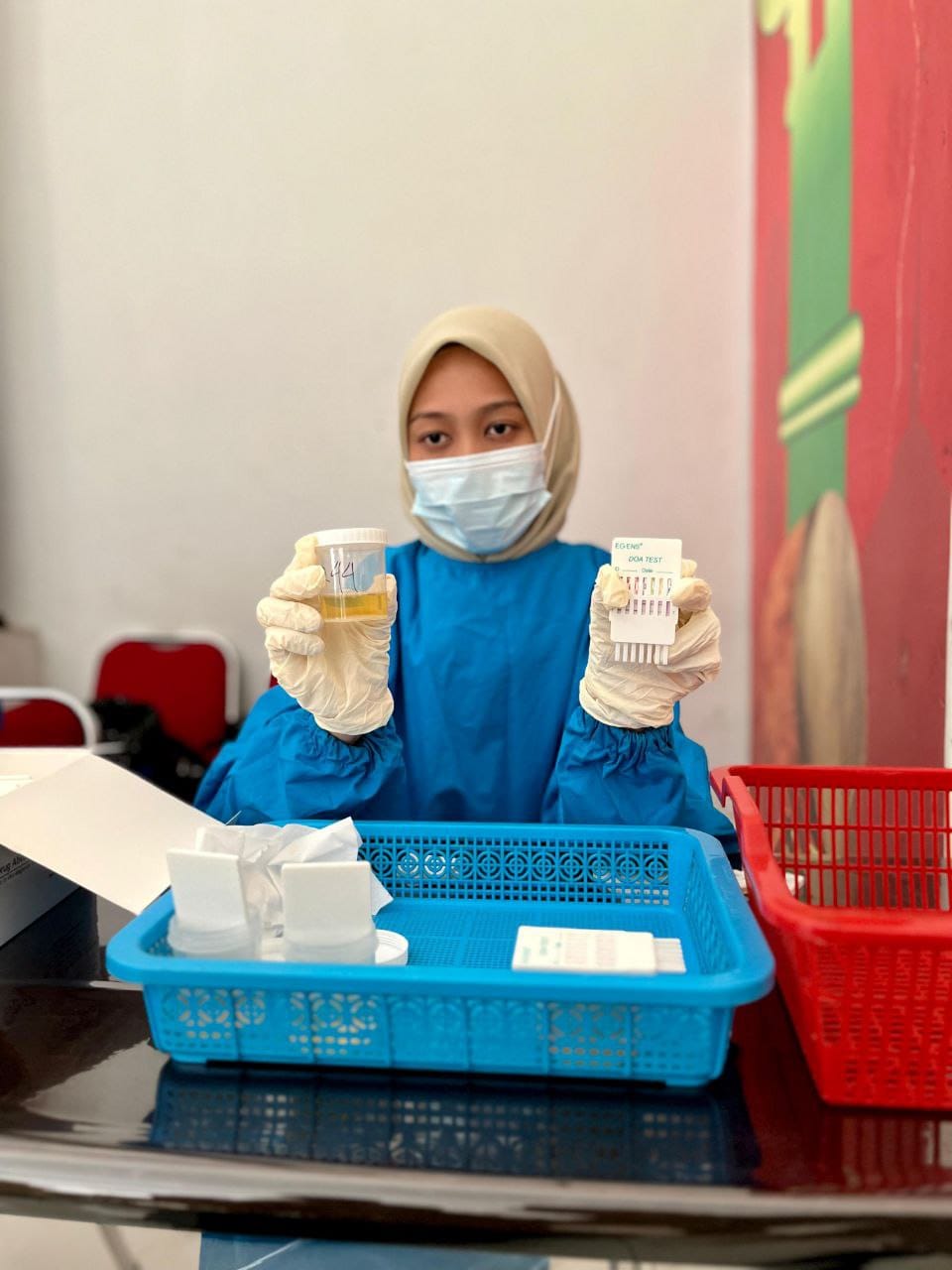Only in Cikul, pay for the Futsal Academy using rubbish
Not wanting to make the economy an obstacle in growing the potential of children in their environment, Karang Taruna Cipadung Kulon, Panyileukan District, Bandung City came up with a brilliant idea.
"The children here have potential in the field of futsal athletics. However, because the majority are from the lower middle class, they are often faced with problems with the economy. They cannot join futsal or football academies. Finally we made our own with a payment system using waste," explained the member. Cipadung Kulon Village Youth Organization, Ahmid Saepudin. The Cikul Futsal Academy students are targeted to collect 80 kg of inorganic waste every week. If converted into rupiah, it can reach IDR 150,000-IDR 200,000. Inorganic waste is deposited in the Cipadung Kulon Village Waste Bank. From the sales proceeds, the money is used to rent a futsal field. "The proceeds are for renting a field for practice. You could say, we are the first futsal academy whose students pay using rubbish. This program has only been running for 5 months, hopefully it can continue to grow," he said. Ahmad admitted that his team received a lot of positive responses from residents. In fact, with this program, parents are involved in sorting waste so that their children can join the Cikul Futsal Academy. "Another positive thing is that children care about the environment. Those who used to immediately throw away the trash after having their snacks, now they store it in bags so they can collect lots of inorganic waste," he admitted. Responding to this, the Head of Kabesoka Village, Cipadung Kulon Subdistrict, Suryana admitted that he took part in processing organic waste obtained from students at the Cikul Futsal Academy. "Customers have continued to increase until now. Every Wednesday there is a weigh-in. Residents are also now enthusiastic. Savings from inorganic waste can be taken for school and holiday needs," explained Suryana. Some of the collected inorganic waste is processed into plastic, such as handicrafts, pen holders and displays. In fact, these works are often ordered as souvenirs for celebrations. "Everything is made from used goods. Local mothers make them. We have a regular schedule to get together once a month," he continued. Meanwhile, Head of Cipadung Kulon Village, Muhammad Firman, said that organic waste is processed using maggot and Kang Empos. Inorganic waste is processed through the Waste Bank. Meanwhile, residual waste will be processed in an incinerator. "In Cipadung Kulon, I am targeting this year that no waste will go to TPS and TPA. However, processing with incinerators should not become a new problem with pollution. It must be studied further," said Firman. Meanwhile, maggotization has now entered the third phase. The nursery has started production. The product has even been targeted by farms and songbird fans. "Around 20-25 kg of organic waste is consumed per day by maggots. We have 1,000 boxes of maggots, so far 6,883 kg of organic waste has been successfully processed in 4 months," he said. (din)**
Head of the Bandung City Communication and Information Office
Yayan A. Brilyana




